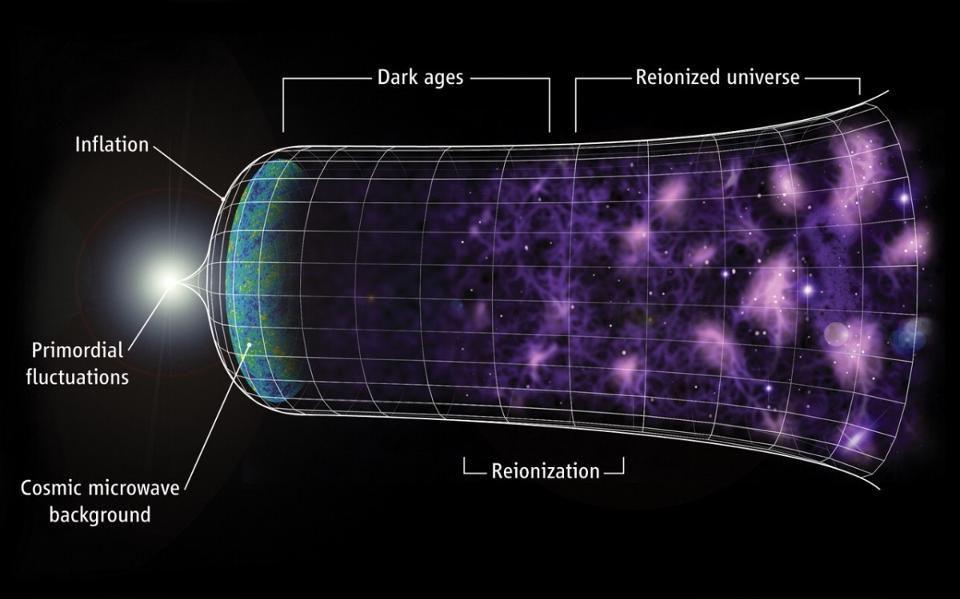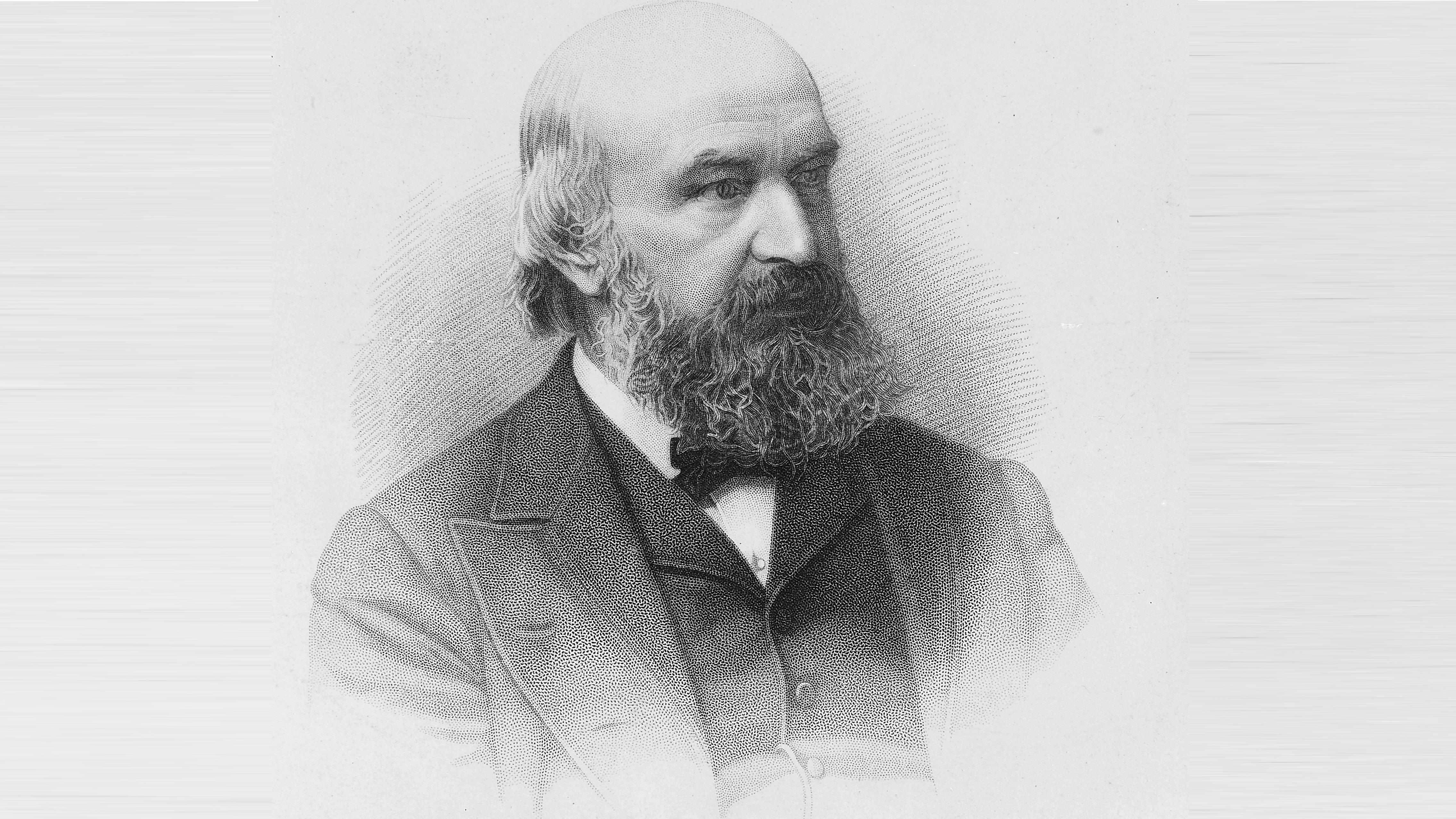Science and Our Proud Human Future

BIG THINK displays a large number wonderful accounts of how science today is transforming our lives–appealing to our hopes, our pride, and, occasionally, our humility. I thought I’d share with you somethng I wrote along those lines in one of the most illuminating scientific journals around–The New Atlantis. Here’s a taste:
Ultimately, the question of whether the success of modern science enhances the stature of man or, more precisely, of particular men is of no concern to the scientist. Carl Sagan explained that modern science was one “Great Demotion” after another of all our claims to excellence or distinctiveness in nature or the cosmos. This cold and atheistic obliteration of all human pretensions, Harvey Mansfield complains, was a cause of the “manliness run amok” of the twentieth century—horrifyingly cruel and futile ideological attempts to replace scientific truth with something else. But the scientist as scientist cannot help but be baffled by all that sound and fury, by so many people who care about their importance or dignity or some made-up God. It is, as Hannah Arendt says, the scientist’s “pride and … glory” to be indifferent to “his own stature in the universe or about his position on the evolutionary ladder.” It is his pride and glory to show that pride and glory signify nothing.
Genuine human pride, of course, does not come simply from an extension of one’s material powers. It is always a form of self-transcendence, an understanding of oneself as more than a merely biological being. The pride taken in the success of modern science is, from one view, really pride in the display of man’s freedom from natural determination, in his ability to assume conscious and volitional control over his environment. From another view, though, modern science is rooted in the scientist’s proud transcendence of all personal concerns in favor of anonymous truth. Modern progress feeds on the interdependence of these two incompatible views of pride—that of the self-obsessed individual and that of the self-denying scientist. Both forms of pride, of course, depend on abstraction and imagination, and so both are finally incomplete.





